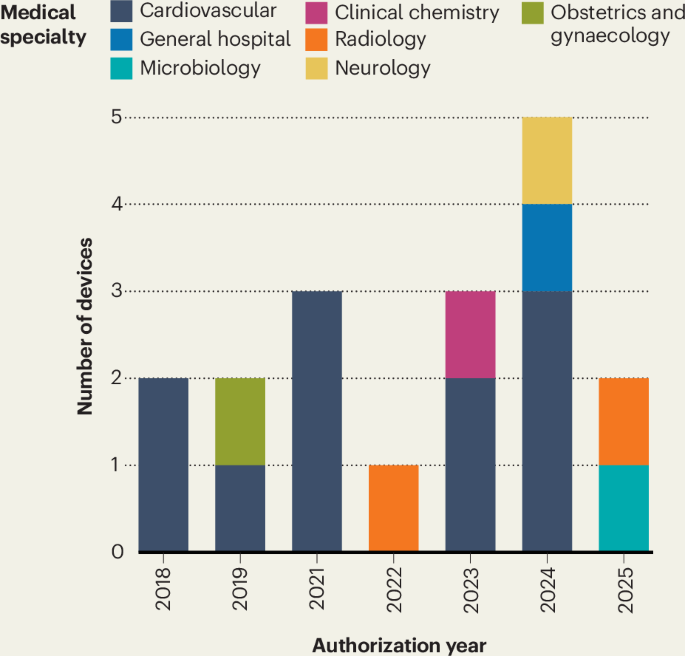In a speech setting out the Government’s AI Opportunities Action Plan, which will focus on using AI across the UK to drive growth and deliver services more efficiently, the Prime Minister said the government had a responsibility to make AI “work for workers”.
The AI Opportunities Action Plan is supported by leading technology companies, some of which have committed £14 billion to various projects, creating 13,250 jobs. AI capabilities are growing at an extraordinary pace and have the potential to become the government’s primary lever for fulfilling its five missions, particularly the goal of boosting widespread economic growth.
The UK has a strong – and in places truly world-leading – AI foundation on which to build this plan:
- Strong fundamentals AI research and high-quality research and engineering talent from universities, which are among the best in the world for AI.
- A vibrant startup and scaleup scene, with an increasingly skilled and experienced entrepreneurial workforce and increasing amounts of sophisticated capital available to ambitious businesses.
- Frontier leader AI companies in London, including Google Headquarters DeepMind, major companies OpenAI, Anthropic, Microsoft and Meta AI offices, as well as emerging local winners – such as Wayve, the autonomous vehicle company.
- Global leadership on AI security and governance through AI Safety Institute and a proportionate and flexible regulatory approach.
The plan has three main aims: investing in the foundations of AI, promoting the adoption of AI across economies, and positioning the UK as an AI maker, not an AI taker. In his foreword to the Action Plan, the Right Honorable Peter Kyle The Secretary of State for Science, Innovation and Technology said: “Today, Britain is the third largest country. AI market in the world. We are home to an extraordinary range of global talent and pioneers AI companies like Google DeepMind, ARM and Wayve.
“But despite our track record of scientific discoveries – from Alan Turing on algorithms and general computing to Tim Berners-Lee’s World Wide Web – the UK risks falling behind in progress in science. AI made in the United States and China.
“In this next phase of AI development, we want Britain to step up its efforts; to shape the AI revolution rather than waiting to see how it shapes us. Because we believe Britain has a particular responsibility to provide global leadership in seizing AI opportunities fairly and effectively, as we have done on AI security. That’s why one of my first acts as Secretary of State was to commission Matt Clifford to design an action plan on AI opportunities for the UK government.
In response to the launch of the plan, Carl EnnisCEO of Siemens UK & Ireland, said: “AI has become the technology that will define this decade. The plan presented today is an encouraging signal that the Government is taking it seriously – reflecting the UK’s already significant AI sector and the opportunities ahead to maintain our global leadership.
“AI for industrial applications has a well-established heritage in industrial and infrastructure automation, built on data generated by machines rather than humans. And this is where we hope to see the alignment of AI and the sectors identified as priorities in the Industrial Strategy Green Paper.
“To ensure that consumer and industrial uses of AI have the opportunity to appropriately support society, policy frameworks must consider the specific environments in which the technology is used. The challenge is that, at the same time, we must ensure adequate protection and ensure that we do not hinder innovation.
“Poor AI policy could have significant consequences, including increased productivity loss and slower economic growth. But getting it right will provide solutions to the UK’s productivity challenge while accelerating investment in automation and robotics. It is crucial that we quickly seize the opportunity to harness the potential of AI while mitigating the risks.”
Dr Shweta SinghAssistant Professor of Information Systems and Management at the University of Warwick, added: “The UK’s AI Opportunities Action Plan delivers significant benefits, including increased efficiency of public services, creating AI growth areas and better healthcare through faster diagnostics. It also aims to position the UK as a global leader in AI innovation, potentially adding £47 billion to the economy per year.
“However, this action plan faces several major challenges despite its promises. An important problem is that of regional inequalities; While growth zones aim to spread the benefits, historically technological innovation has often been concentrated in specific regions like London or the South East, leaving others behind. Additionally, the UK’s reliance on foreign-owned AI companies, such as Google-owned DeepMind, raises concerns about domestic innovation and conservation of intellectual property.
“Regulatory and ethical challenges also loom, as the government must balance innovation with privacy protection, ensure fair use of data and prevent abuse. For example, using AI to monitor roads or for administrative tasks raises questions about surveillance and the misuse of AI-based surveillance. For example, The New York Times has previously highlighted how facial recognition technologies disproportionately identify people of color, leading to unwarranted arrests. and false criminal charges.
“Finally, the skills gap within the UK workforce could hamper the adoption of AI technologies, requiring substantial investment in education and reskilling programs to ensure accessibility and fairness generalized.










